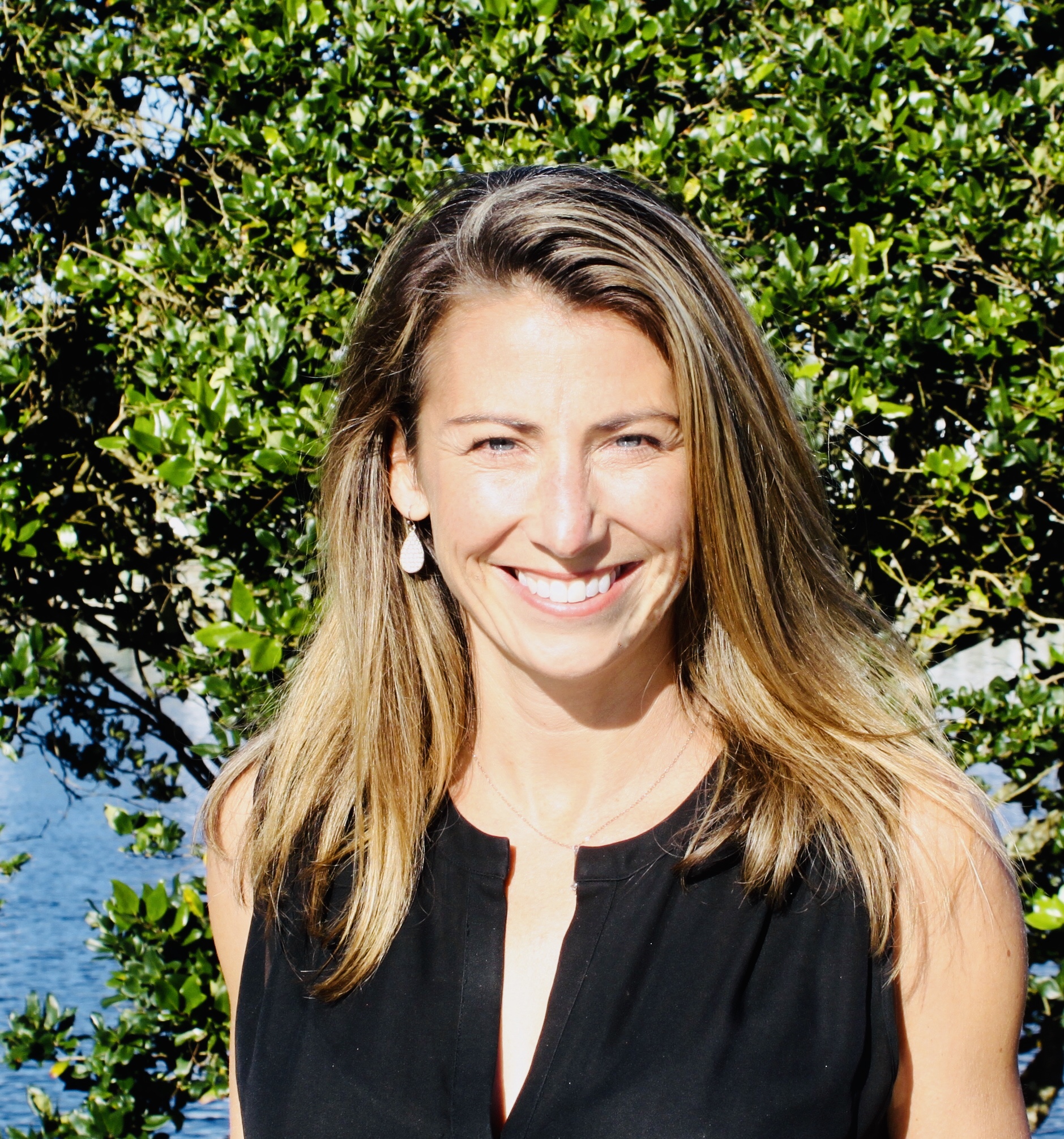WHAT IF YOU WERE JUDGED ON THE BASIS OF YOUR COPING MECHANISMS INSTEAD OF YOUR CHARACTER?
- Marcy Stoudt

- Jan 21, 2021
- 2 min read

I had a family member ask me this weekend why I am such a vocal advocate for people with obesity when I personally don’t have a ‘weight problem’.
My response is to ask this: Do you have a coping mechanism? I would argue that we all do, whether in response to normal life stressors or true traumas.
What if one of your coping mechanisms could be easily seen and noticed before anyone even got to know you, even before you spoke one word? What if people felt justified not only on commenting on it, but also judged you based on the result of it?
My coping mechanism(s) aren’t easily seen, but believe me they are there. And although I am working on some of the less healthy ones, I realize their importance. They are protective mechanisms. They started in childhood for various reasons and shedding them is incredibly difficult. One of them is strenuous exercise, and because of this I remain relatively lean.
Does that make me a better person than someone who uses food as comfort or as a numbing agent? I can’t imagine if someone thought that I was lazy, dirty, unmotivated and stupid before even meeting me, but people with obesity can. Research supports that these are the characteristics attributed to people in high BMI categories based on the size of their bodies.
The reasons for overeating are many, and I won’t list them here, but to ignore that there is a psychological component to excess weight and just focus on food and exercise is not only simplistic, it’s negligent.
My passion for minimizing weight bias (particularly in clinical settings) is really based on us all seeing each other as humans who are doing the best that we can in stressful situations.
So, every time you use one of your coping mechanisms, such as having a beer or glass of wine at the end of a stressful day, imagine that drink altered your looks, maybe turned your skin purple, and someone judged you based on this change. Then, use this lens when encountering people of all different shapes and sizes.
By doing so, we might be able to make a dent in minimizing one of the last, culturally-acceptable biases and stop hurting people based on their appearance.
Originally posted on LinkedIn https://www.linkedin.com/pulse/what-you-were-judged-basis-your-coping-mechanisms-instead-moore/.



